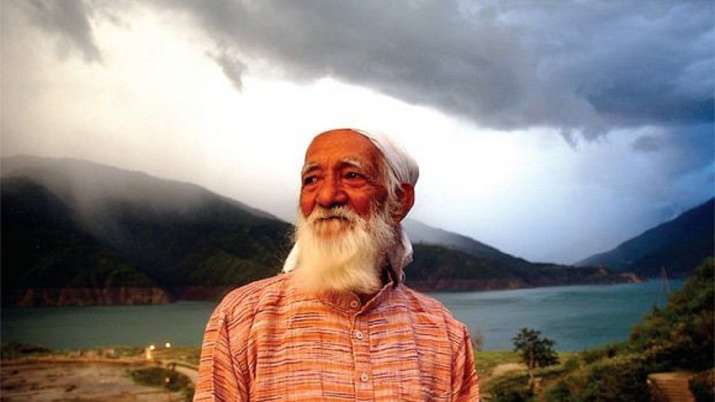
Noted environmentalist and Chipko movement pioneer Sunderlal Bahuguna died at the All India Institute of Medical Sciences (AIIMS) in Rishikesh on Friday after battling Covid-19 for several days. He was 94. He breathed his last at 12.05 pm, AIIMS Director Ravikant said.
Bahuguna, an eco-activist, spent his life persuading and educating the villagers to protest against the destruction of the forests and Himalayan mountains. It was his endeavor that saw then Prime Minister Indira Gandhi banning the cutting of tress. Bahuguna is best remembered for the slogan “ecology is the permanent economy”.
Prime Minister Narendra Modi took to Twitter to express his grief over Bahuguna’s demise saying, “it is a “monumental loss” for our nation, and he manifested our centuries-old ethos of living in harmony with nature.”
Paying tributes, Modi tweeted, “Passing away of Shri Sunderlal Bahuguna Ji is a monumental loss for our nation. He manifested our centuries-old ethos of living in harmony with nature. His simplicity and spirit of compassion will never be forgotten. My thoughts are with his family and many admirers. Om Shanti.”
The Chipko movement was a nonviolent agitation that began in 1973 with the goal of protecting and conserving trees. However, it is perhaps best remembered for the collective mobilisation of women for the cause of preserving forests, which also resulted in a shift in attitudes about women’s status in society. The protests against tree felling and maintaining ecological balance began in Uttar Pradesh’s Chamoli district (now Uttarakhand) in 1973 and quickly spread to other northern Indian states. The word ‘chipko’ comes from the word ’embrace,’ as the villagers hugged and encircled the trees to keep them from being hacked.







